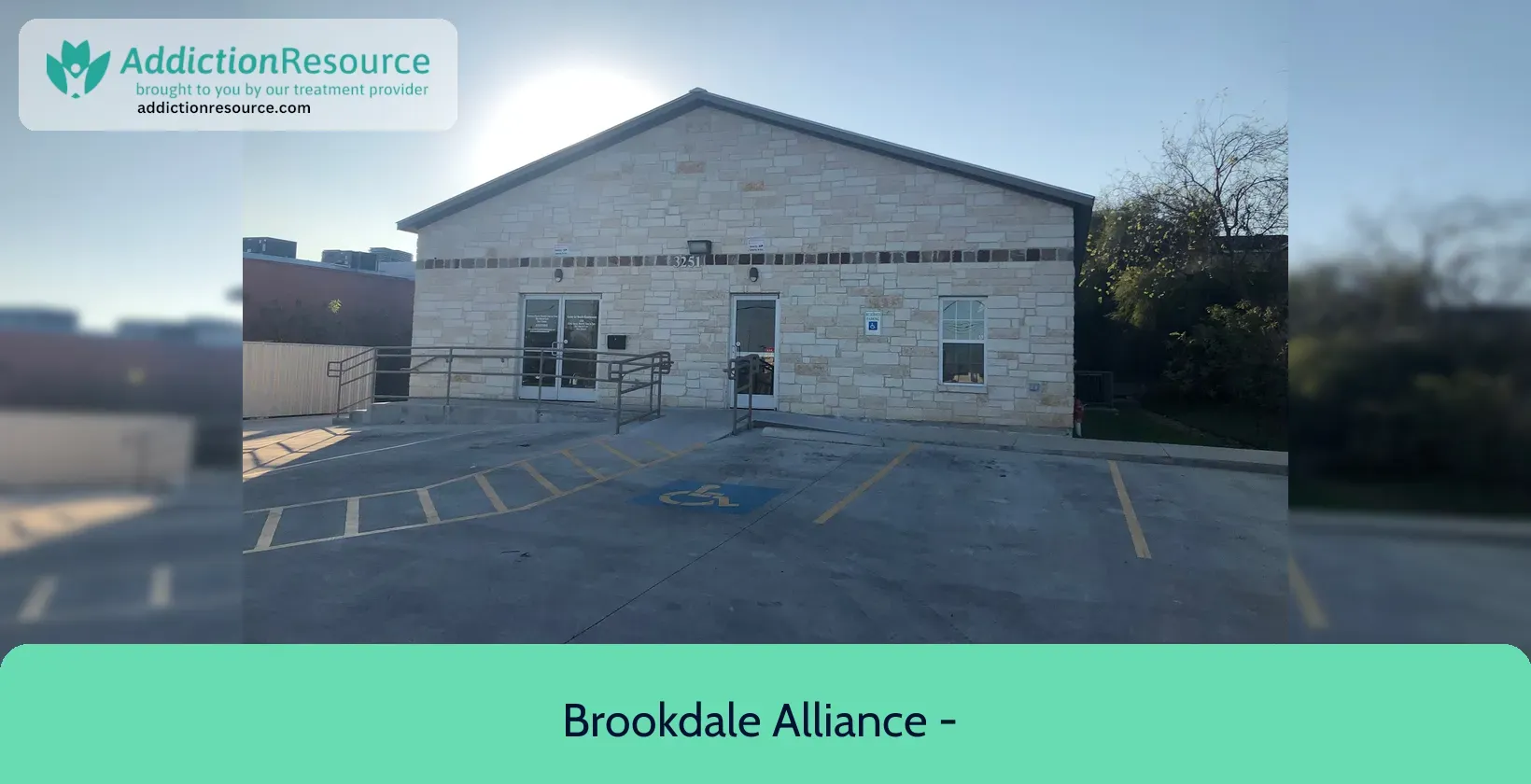
Brookdale Alliance – Center for Health Maintenance – San Antonio, Texas
 3251 Harry Wurzbach Road, San Antonio, TX 78209
3251 Harry Wurzbach Road, San Antonio, TX 78209
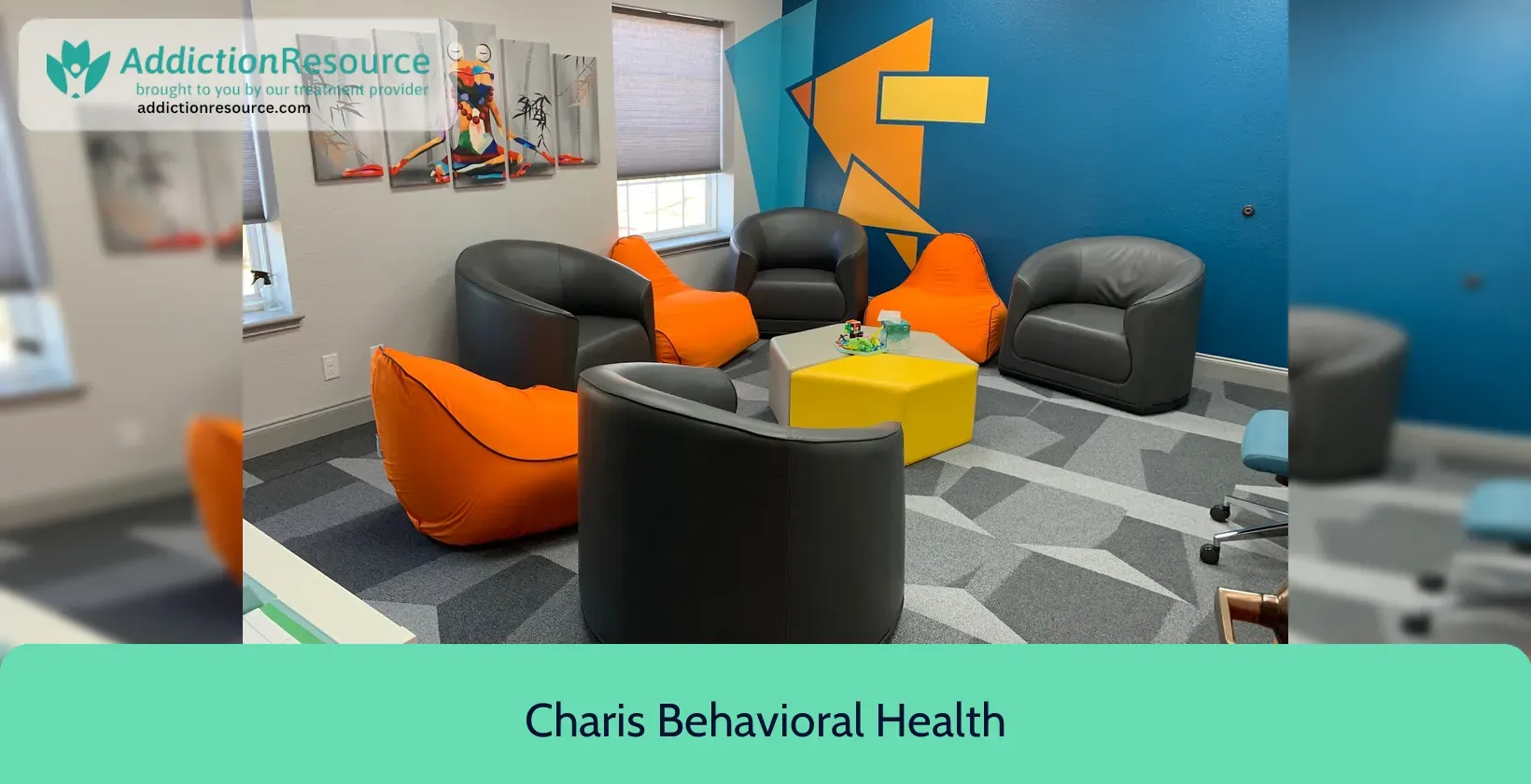
Charis Behavioral Health – Southlake, Texas
 250 West Southlake Boulevard, Southlake, TX 76092
250 West Southlake Boulevard, Southlake, TX 76092
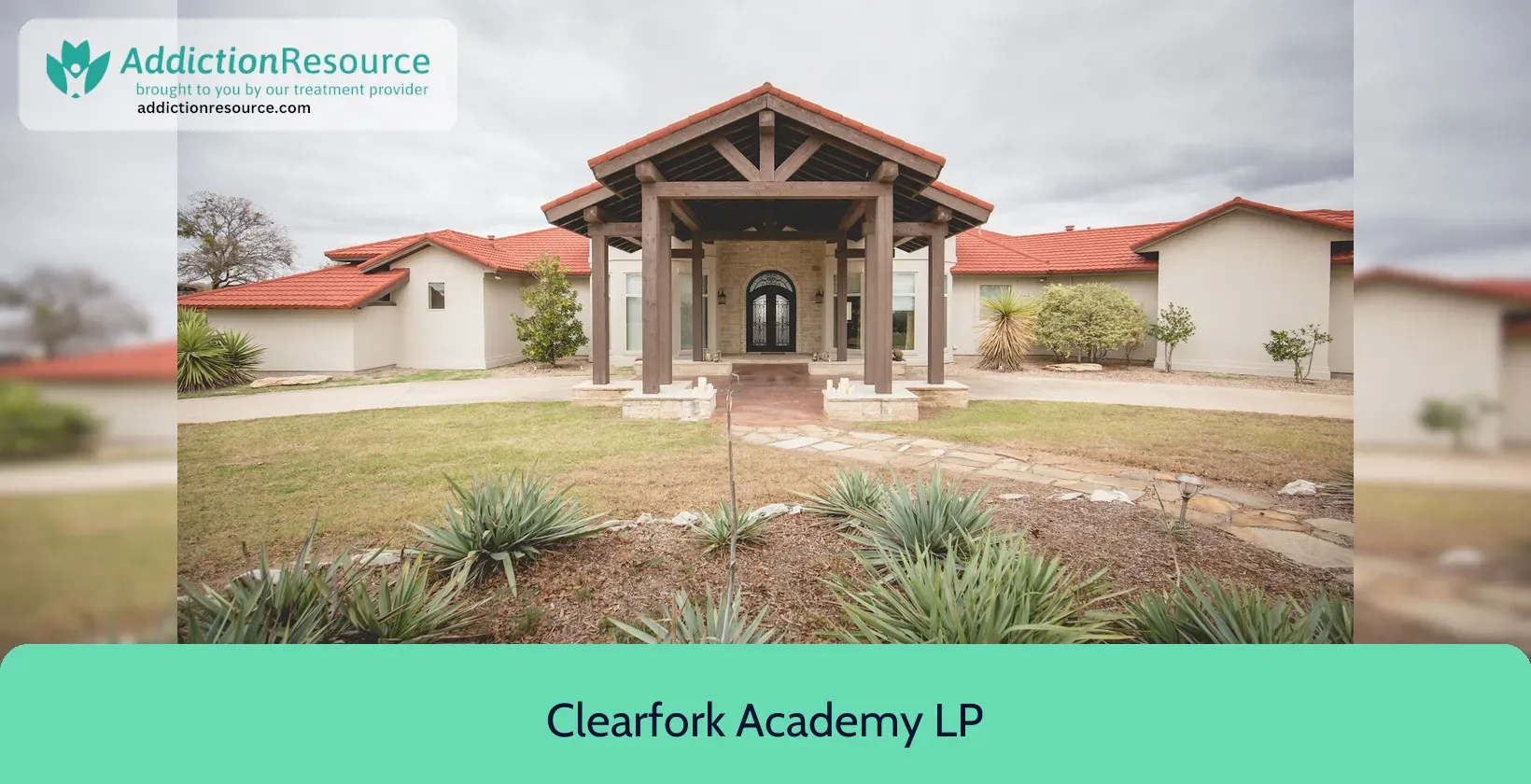
Clearfork Academy LP – Fort Worth, Texas
 7820 Hanger Cutoff Road, Fort Worth, TX 76135
7820 Hanger Cutoff Road, Fort Worth, TX 76135
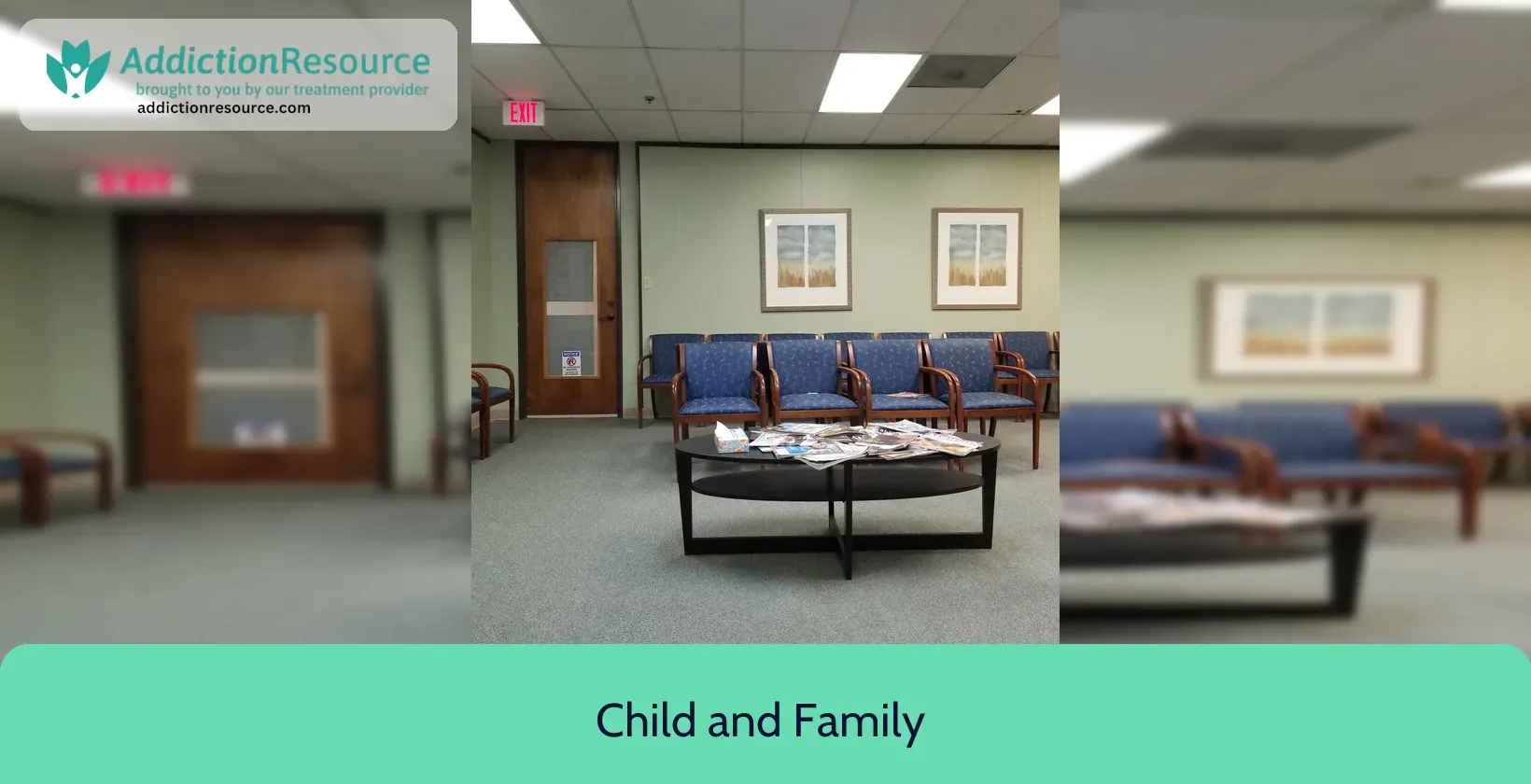
Child and Family Guidance Center – Collin County – Plano – Plano, Texas
 4031 West Plano Parkway, Plano, TX 75093
4031 West Plano Parkway, Plano, TX 75093
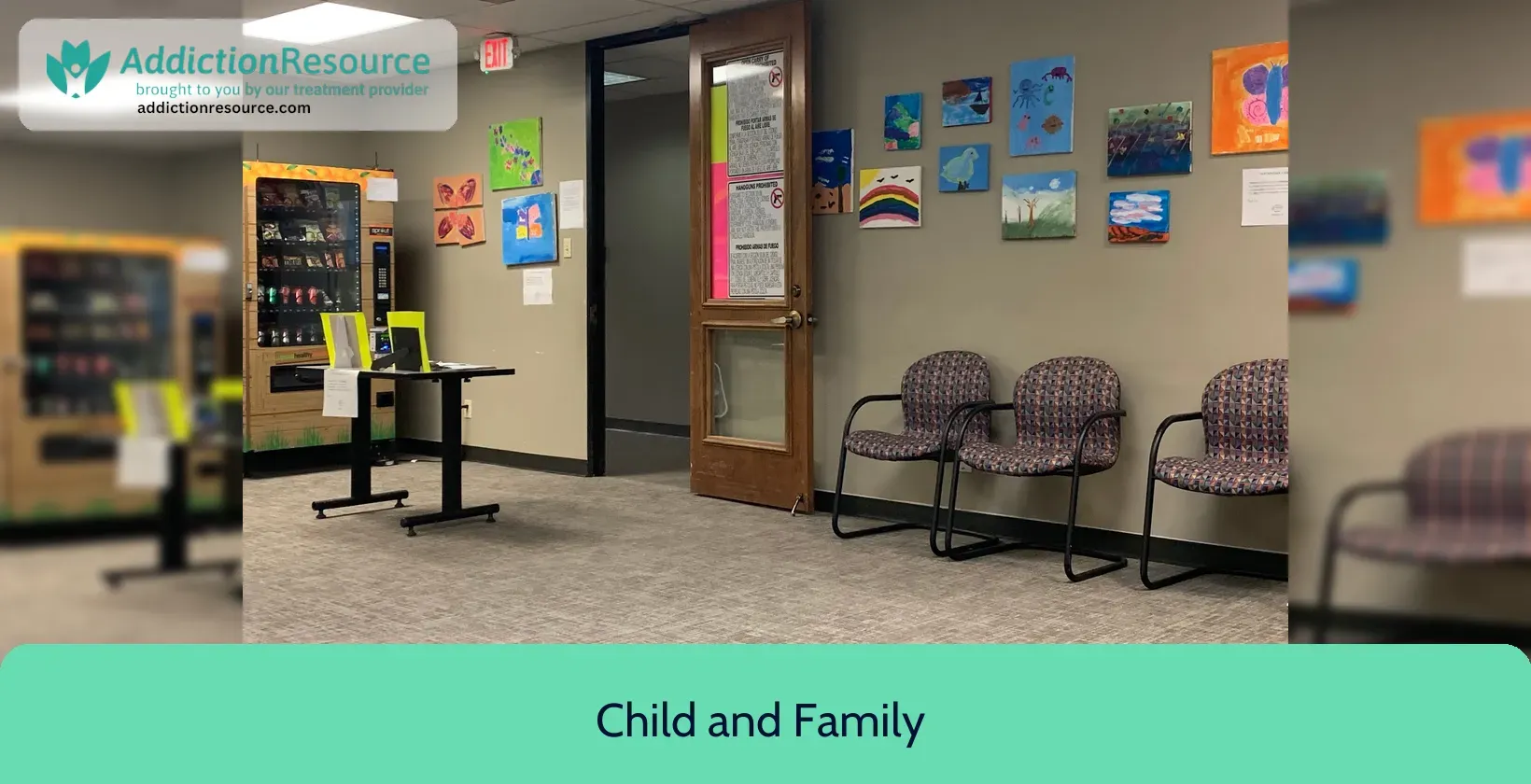
Child and Family Guidance Center – Northeast Dallas – Mesquite – Mesquite, Texas
 120 West Main Street, Mesquite, TX 75149
120 West Main Street, Mesquite, TX 75149
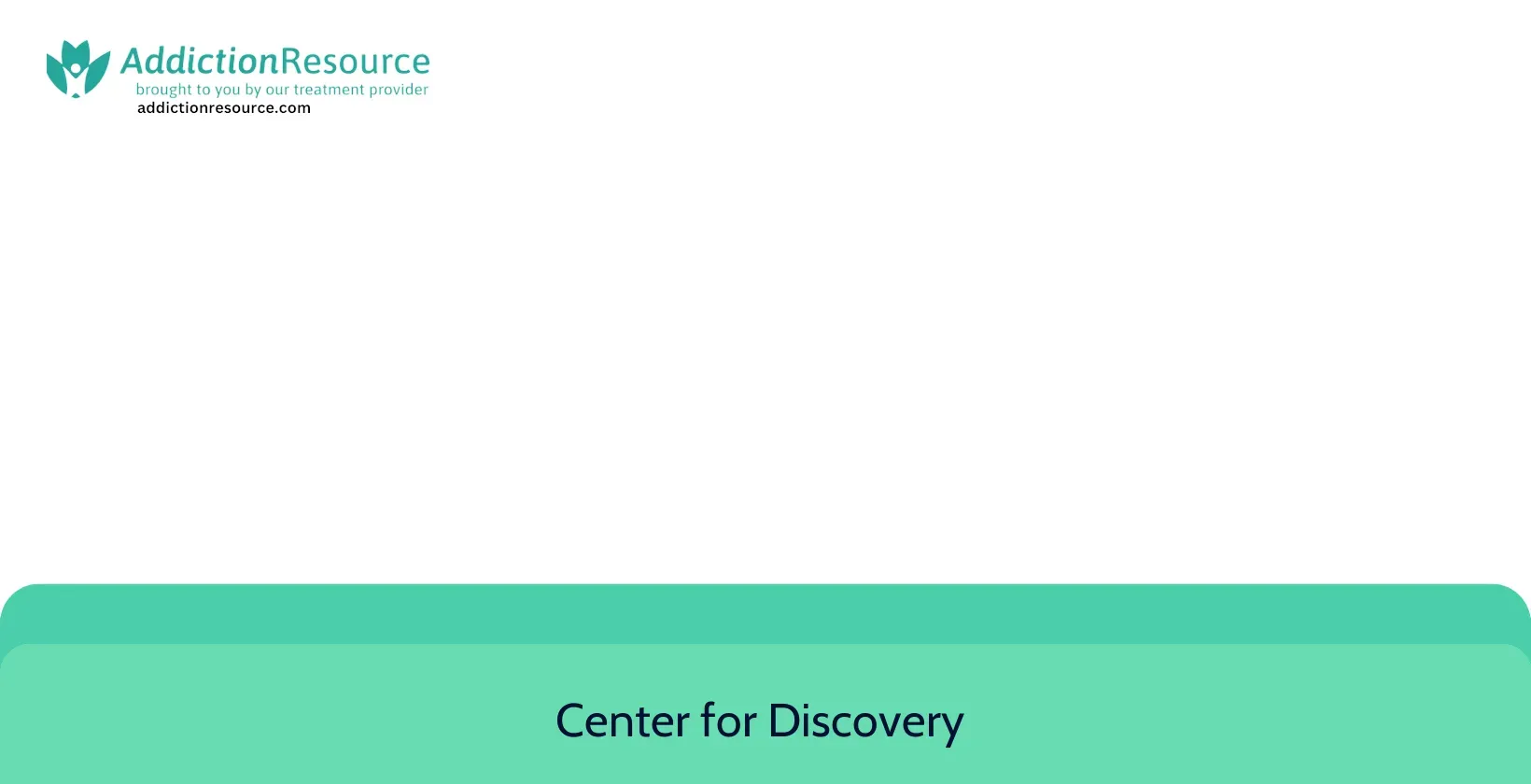
Center for Discovery – Houston – Cypress, Texas
 17515 Swansbury Drive , Cypress, TX 77429
17515 Swansbury Drive , Cypress, TX 77429

Center for Discovery – Dallas – Plano, Texas
 5124 Corinthian Bay Drive, Plano, TX 75093
5124 Corinthian Bay Drive, Plano, TX 75093
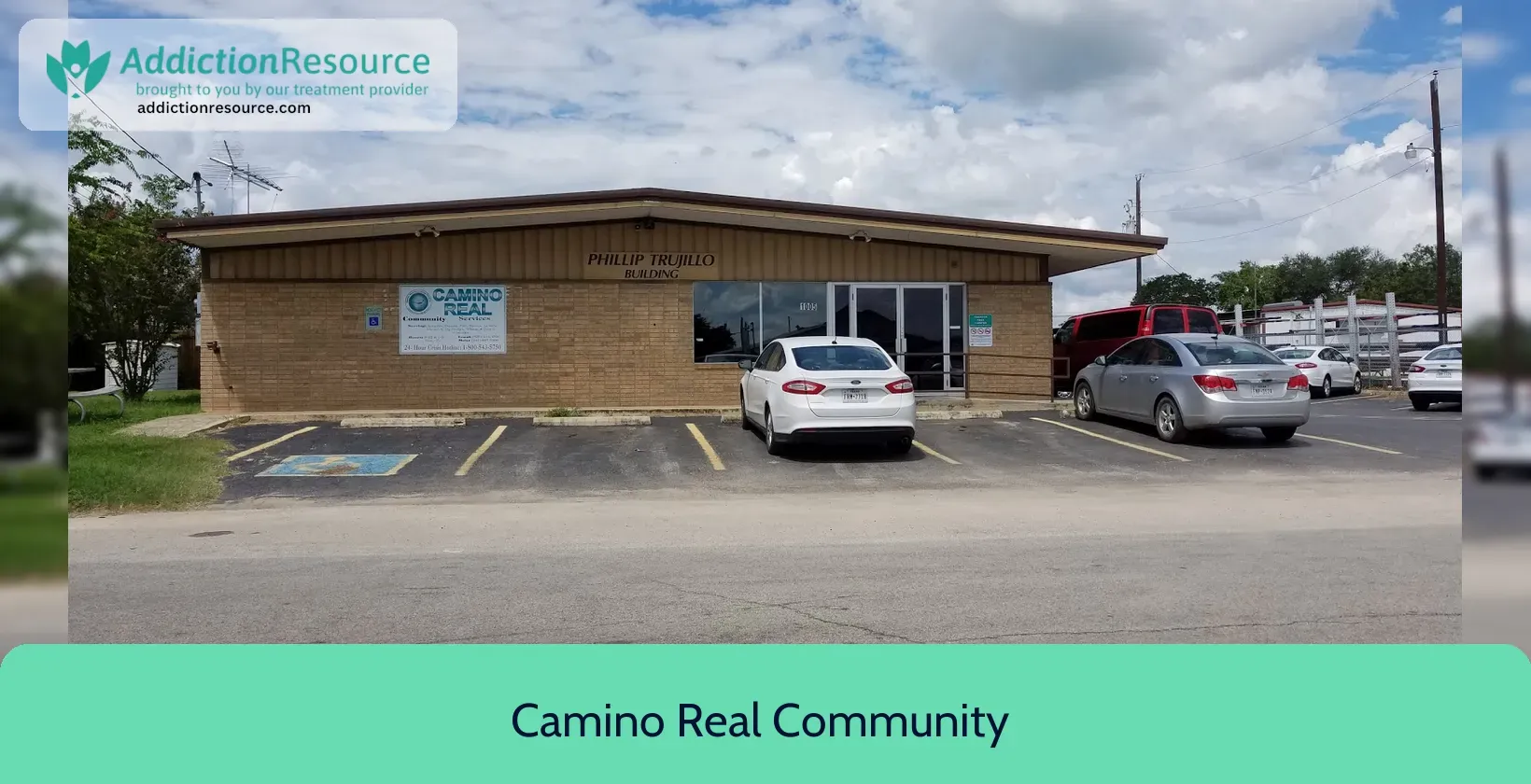
Camino Real Community Services – Wilson County – Floresville, Texas
 1005 B Street, Floresville, TX 78114
1005 B Street, Floresville, TX 78114
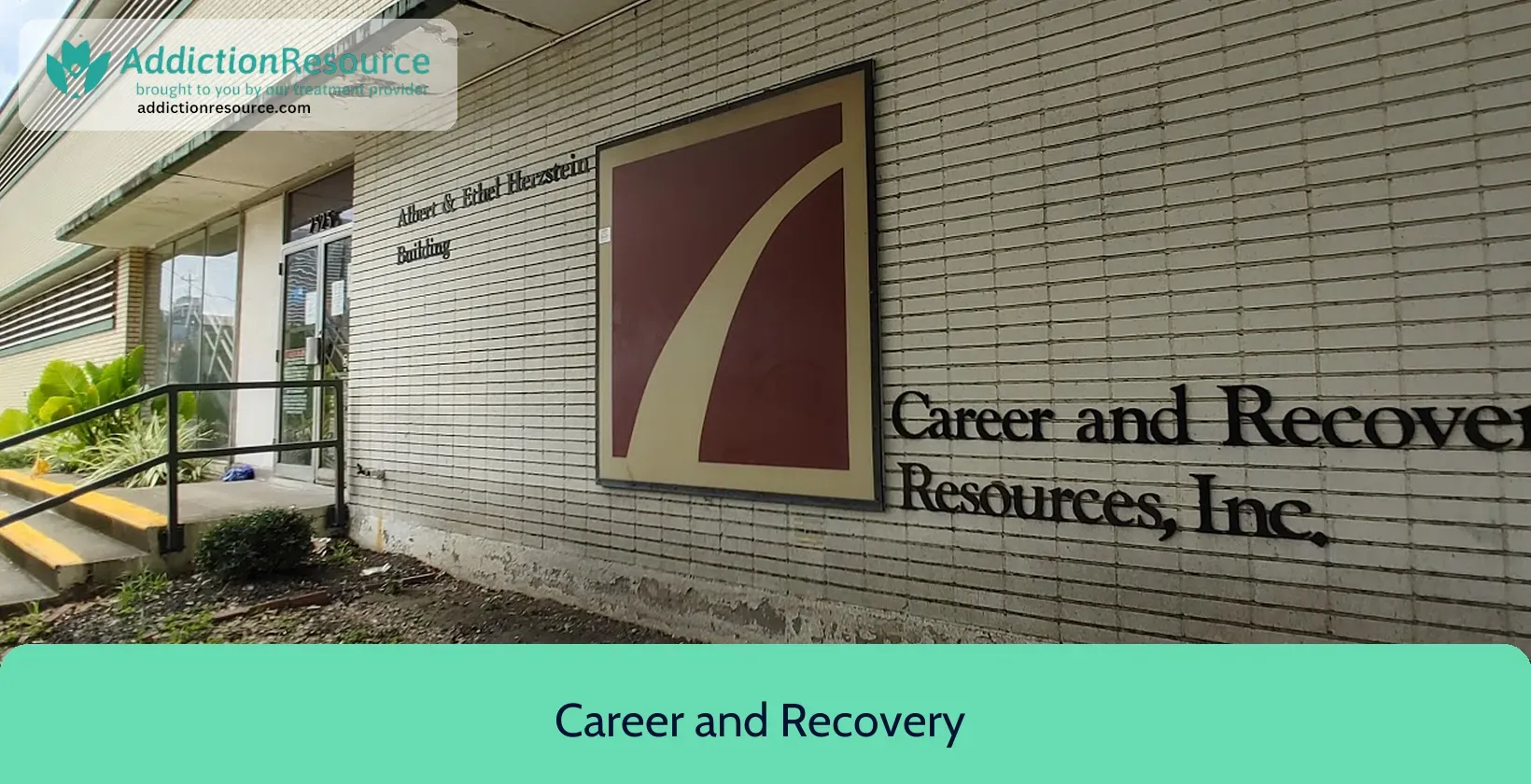
Career and Recovery Resources – San Jacinto Street – Houston, Texas
 2525 San Jacinto Street, Houston, TX 77002
2525 San Jacinto Street, Houston, TX 77002
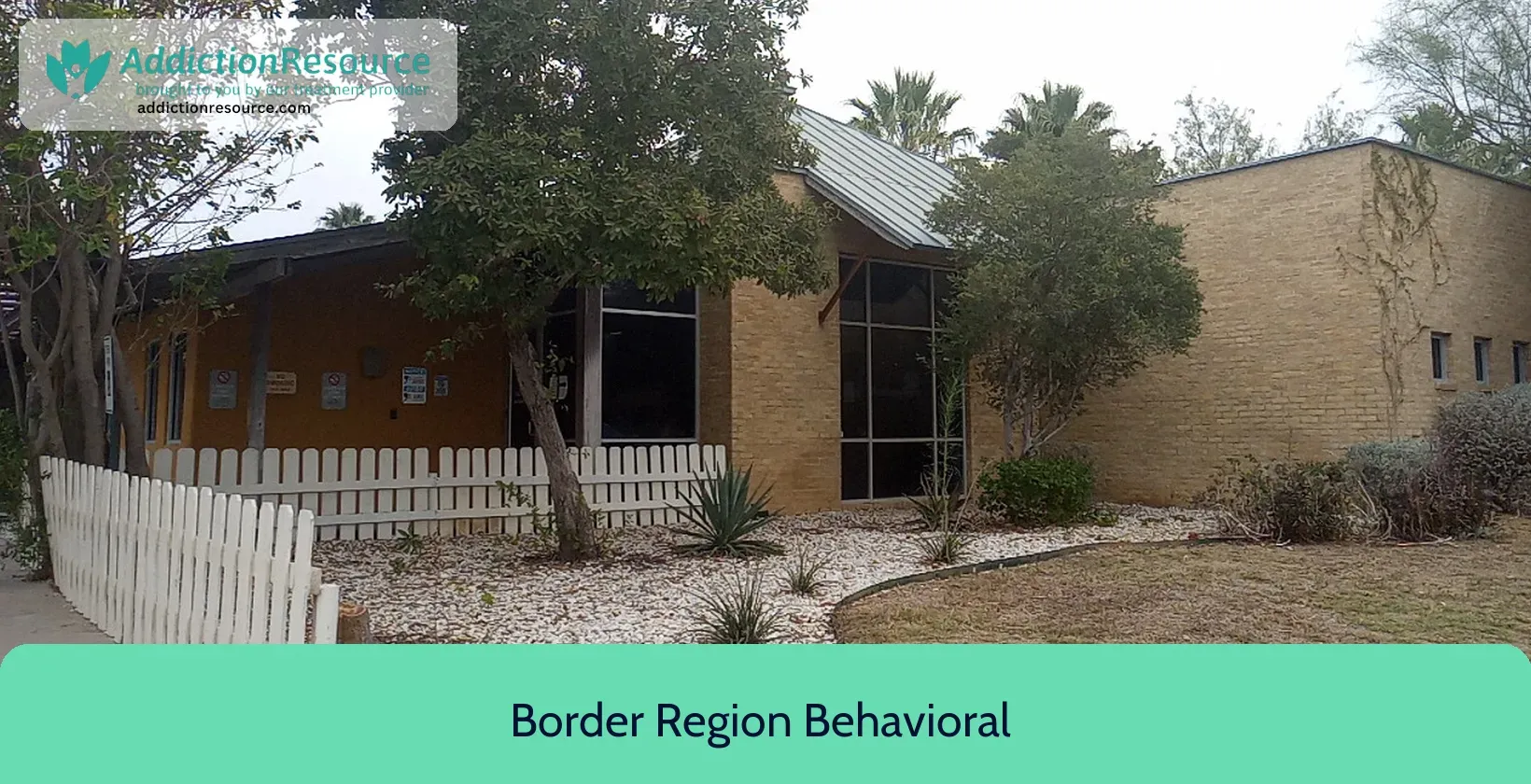
Border Region Behavioral Health Center – Laredo, Texas
 1500 Pappas street, Laredo, TX 78041
1500 Pappas street, Laredo, TX 78041
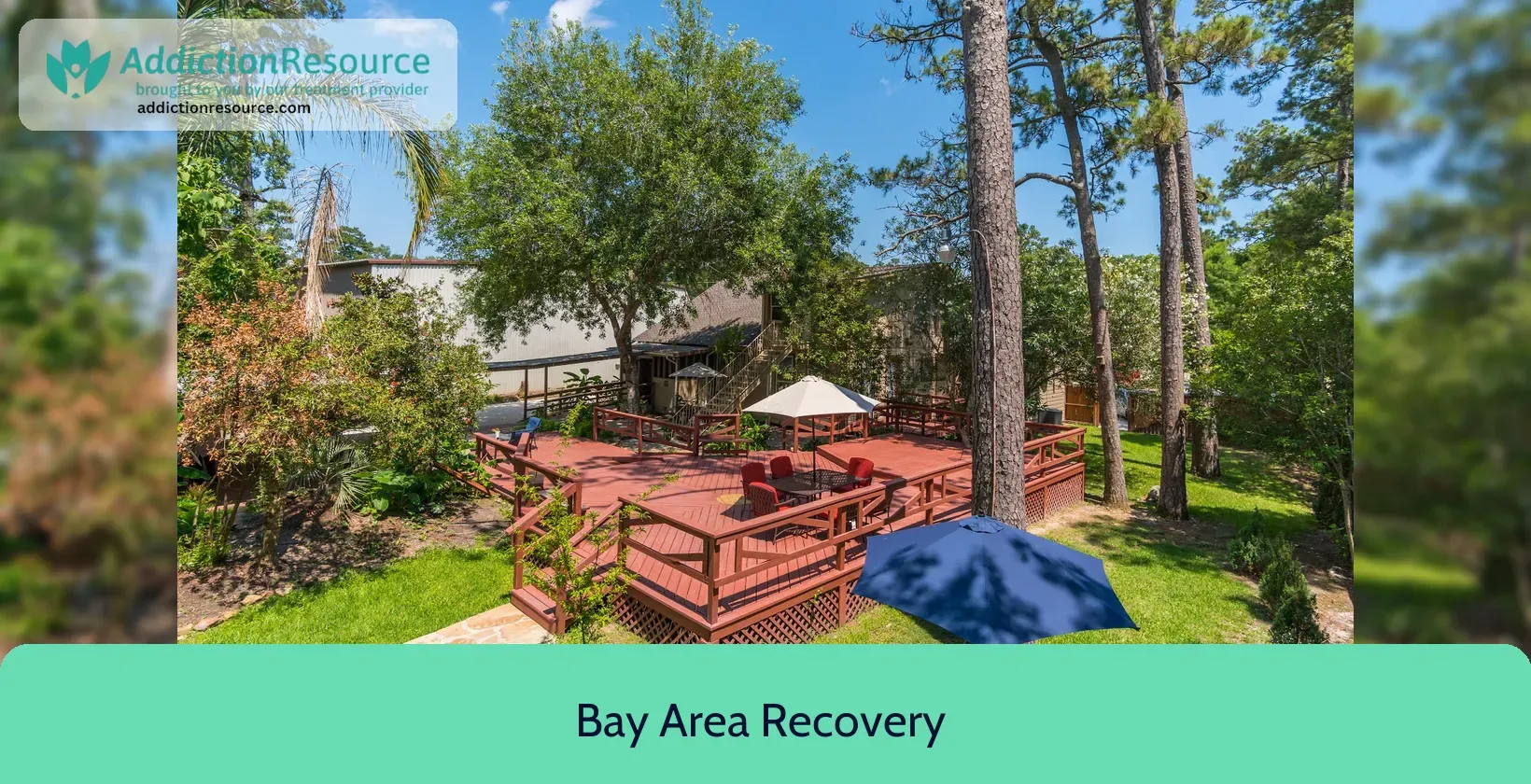
Bay Area Recovery Center – Dickinson, Texas
 4316 Washington Street, Dickinson, TX 77539
4316 Washington Street, Dickinson, TX 77539
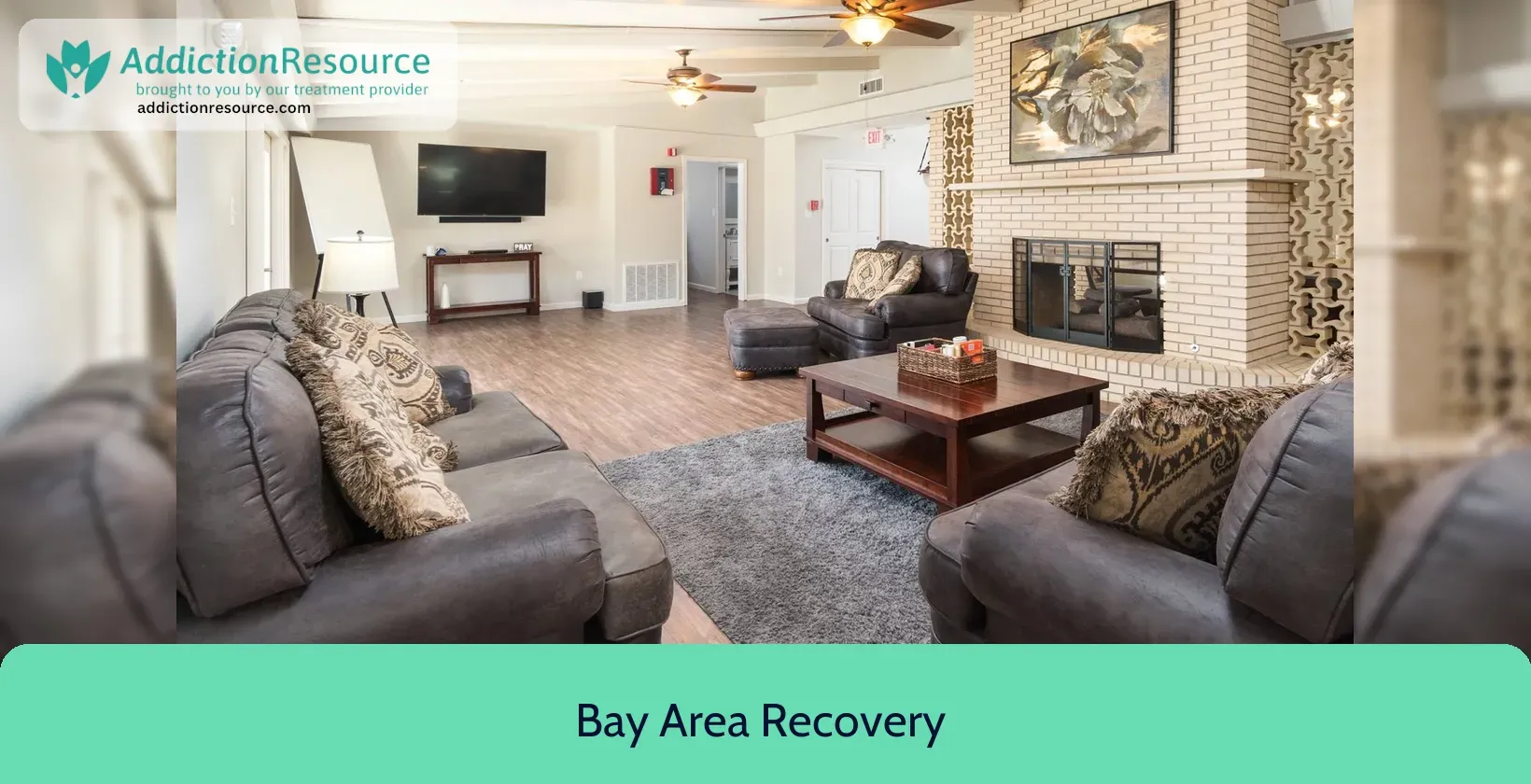
Bay Area Recovery Center – Dickinson, Texas
 3111 Yupon Street, Dickinson, TX 77539
3111 Yupon Street, Dickinson, TX 77539
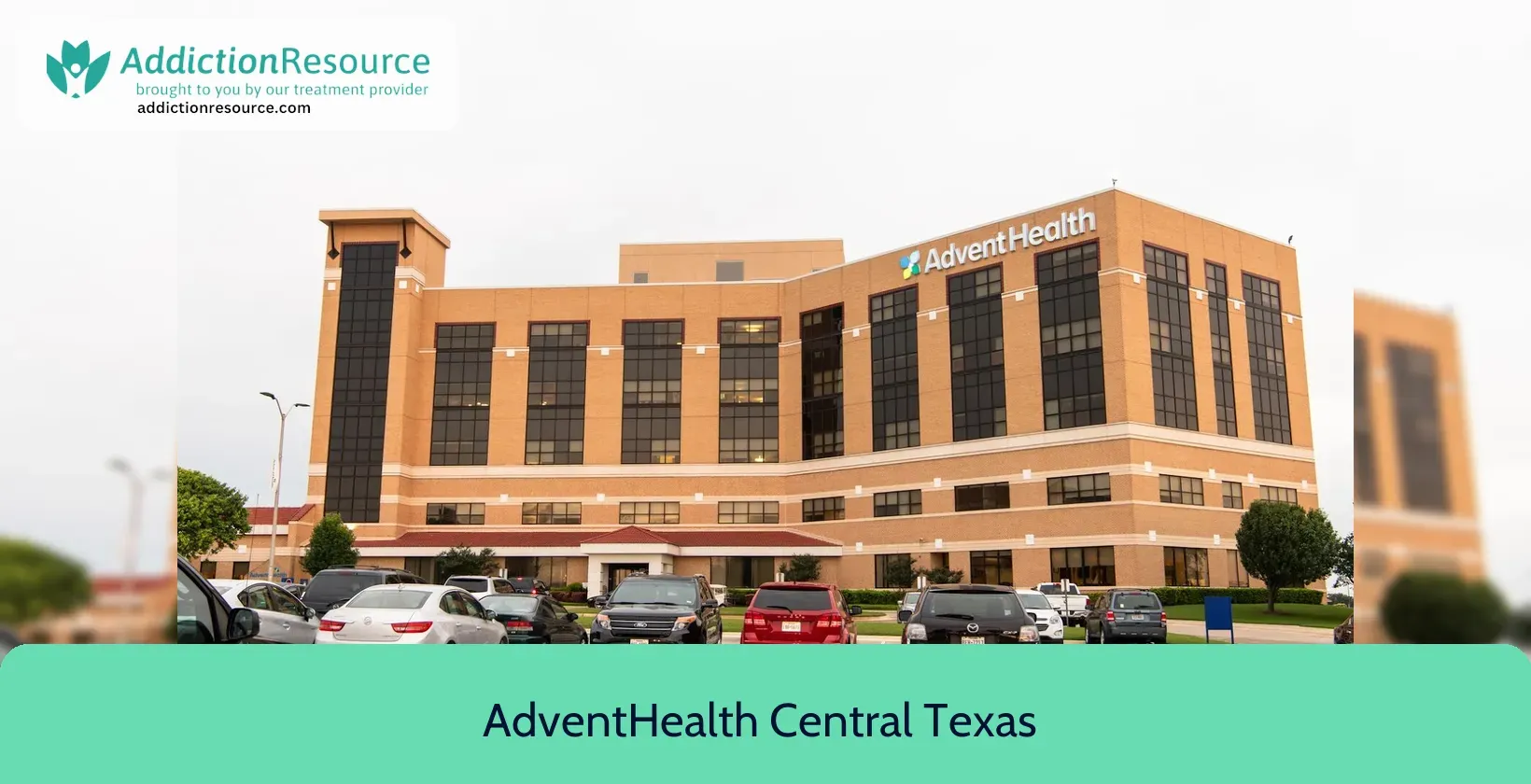
AdventHealth Central Texas Behavioral Health – AdventHealth Central TX Behavioral Health – Killeen, Texas
 2201 South Clear Creek Road, Killeen, TX 76549
2201 South Clear Creek Road, Killeen, TX 76549
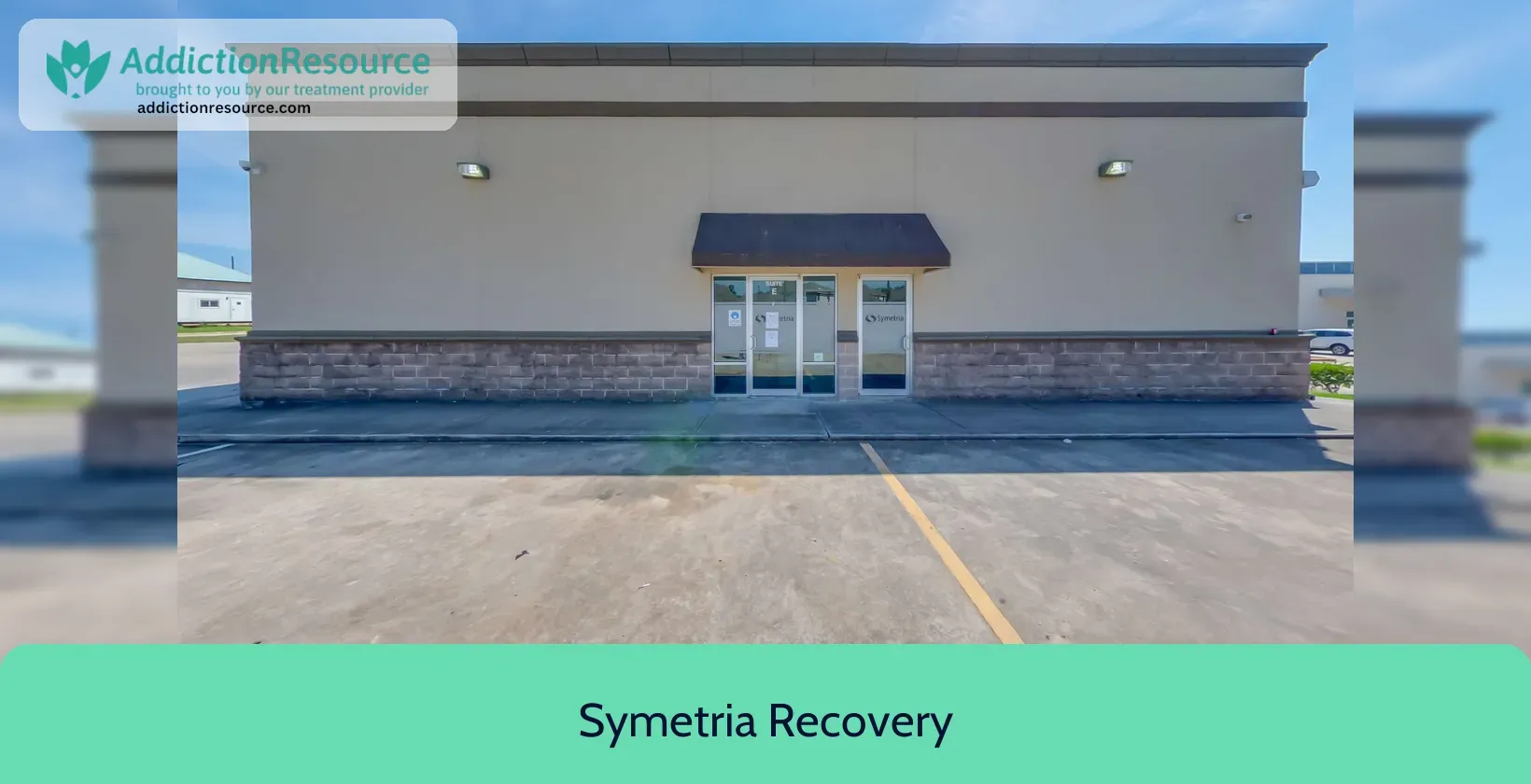
Symetria Recovery – Spring, Texas
 635 Rayford Road, Spring, TX 77386
635 Rayford Road, Spring, TX 77386
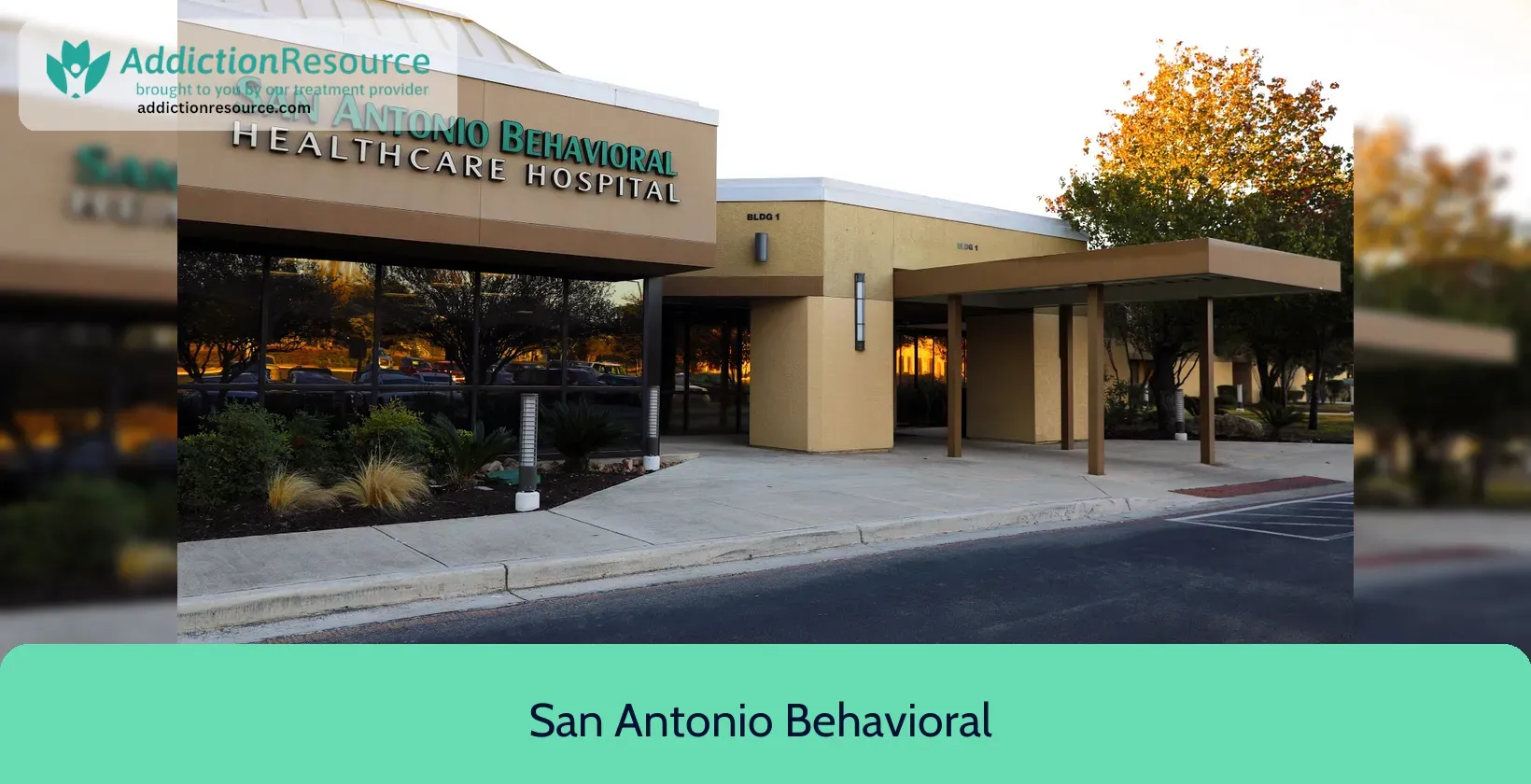
San Antonio Behavioral Healthcare Hospital – San Antonio, Texas
 8550 Huebner Road, San Antonio, TX 78240
8550 Huebner Road, San Antonio, TX 78240
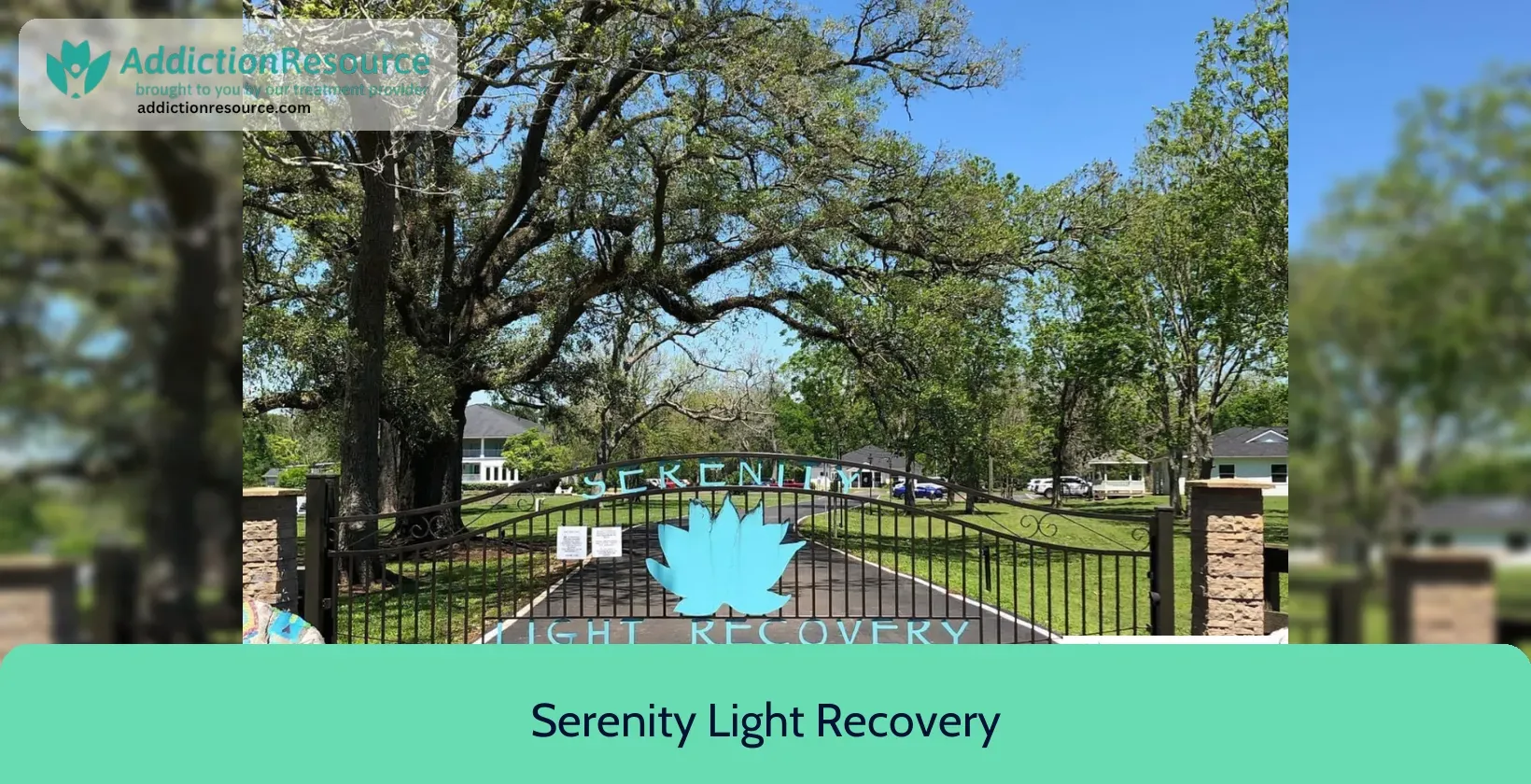
Serenity Light Recovery – Angleton, Texas
 1820 County Road 36, Angleton, TX 77515
1820 County Road 36, Angleton, TX 77515
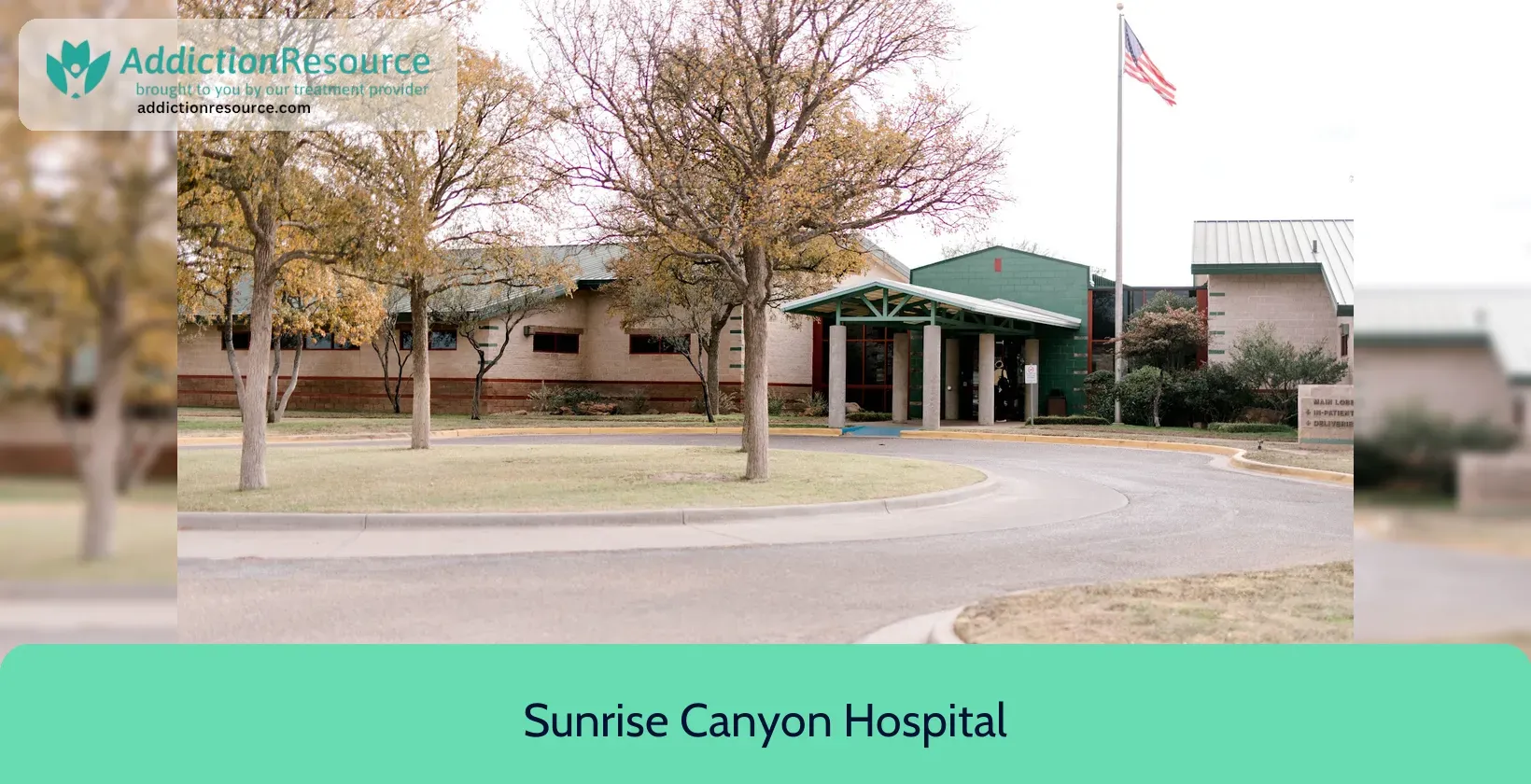
Sunrise Canyon Hospital – Lubbock, Texas
 1950 Aspen Avenue, Lubbock, TX 79404
1950 Aspen Avenue, Lubbock, TX 79404
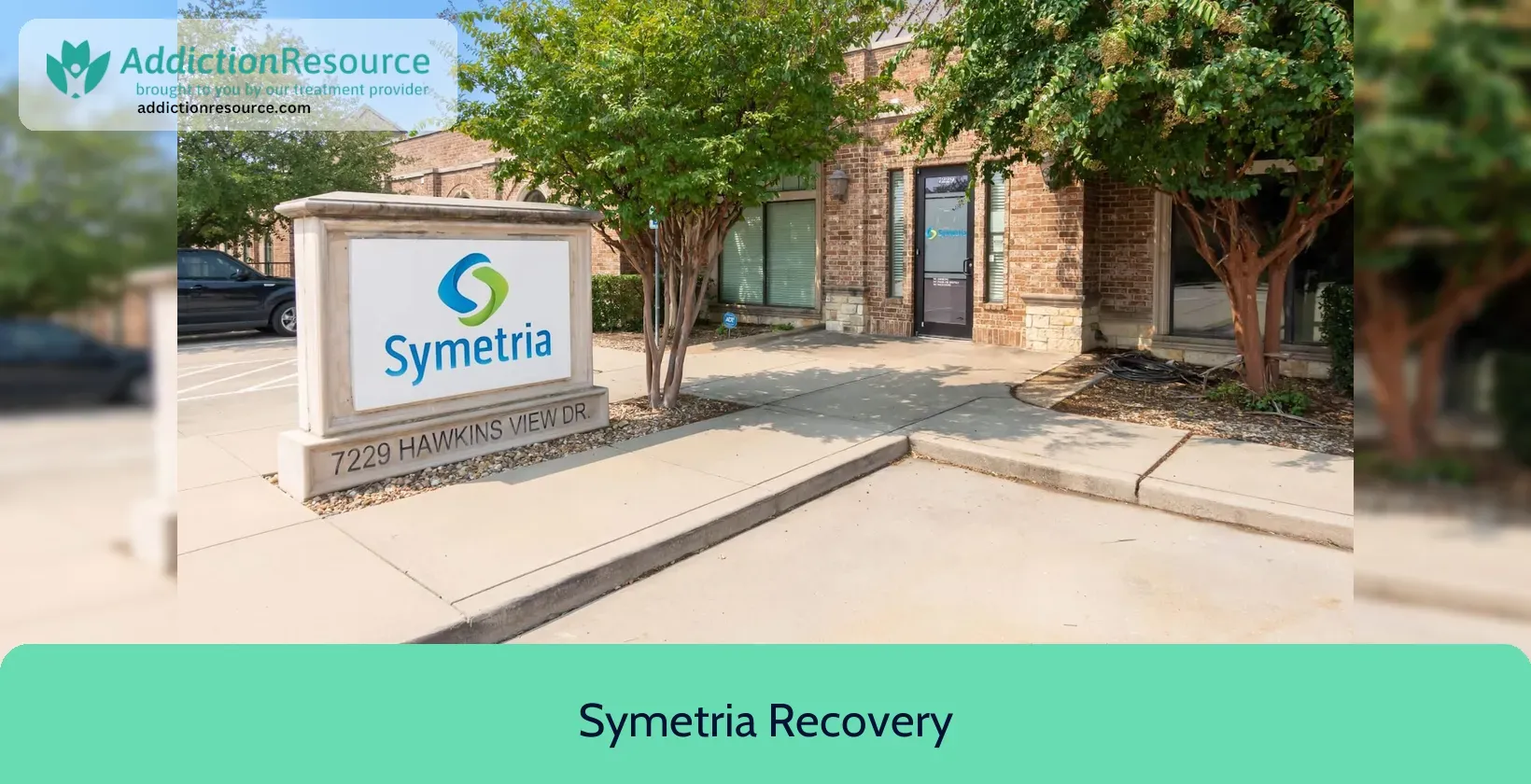
Symetria Recovery – Fort Worth, Texas
 7229 Hawkins Drive, Fort Worth, TX 76132
7229 Hawkins Drive, Fort Worth, TX 76132
Texas, known for its rich cultural heritage and iconic landmarks like NASA’s Houston Space Center, is also facing the growing American drug crisis.
From August 2022 to August 2023, the state recorded 5,566 drug-related deaths, with nearly half involving the potent opioid fentanyl. Across the Lone Star State, from the metropolitan hubs of Dallas, Houston, San Antonio, and Austin to the more rural corners, drug rehab centers are providing lifelines for those dealing with addiction.
Whether you’re seeking help for yourself or a loved one, keep reading to learn more about how the best drug rehab centers in Texas.
Table Of Contents:
Texas Drug Abuse Statistics
Fentanyl, a synthetic opioid that is up to 100 times more potent than morphine, has become a leading cause of overdose deaths in the state. One in four Texans has either experienced an opioid overdose or knows someone who has. In just two years, from 2019 to fiscal year 2021, overdose deaths involving fentanyl rose nearly 400%, with 2,012 Texans losing their lives to this dangerous drug.
The state has seen a 75% increase in drug-related fatalities over the past five years, with 3,136 overdose deaths recorded annually. This translates to an overdose death rate of 10.8 per 100,000 residents. Fortunately, this still 47.83% lower than the national average.
Alcohol abuse is also a serious concern in Texas. Approximately 17.6% of adults in the state binge drink at least once per month. The five-year average annual rate of deaths due to excessive alcohol consumption increased by 44.2% from 2015 to 2019. Men account for 71.1% of these alcohol-related deaths, revealing a gender disparity in the impact of alcohol abuse.
Texas Drug Rehab Centers
Texas is home to a vast network of drug rehab centers, with 509 facilities currently operating across the state. From traditional programs to evidence-based therapies, these facilities offer a wide range of approaches personalized for individual conditions.
Whether seeking a comprehensive inpatient stay or flexible outpatient rehab, Texas offers numerous options to support your recovery journey.
Inpatient Drug Rehab in Texas
Inpatient drug rehab Texas offers a structured, intensive environment for individuals struggling with substance abuse. These facilities provide 24/7 care and support, allowing patients to focus solely on their recovery. Typical inpatient stays range from 30 to 90 days.
This type of rehabilitation is ideal for those looking for a focused setting to work on their recovery, offering various therapies and activities aimed at fostering long-term sobriety. In Texas, 122 facilities offer this level of care, and 58 also provide inpatient drug detox services.
Outpatient Drug Rehabs in Texas
430 rehabilitation centers in Texas provide extensive support by allowing patients to continue living at home while attending therapy sessions and treatment programs during the day.
This model is perfect for those with work or family commitments who still need care. Outpatient rehab offers a range of treatments, including individual and group therapy, designed to help individuals maintain their daily routines while actively working on recovery and building a supportive community for sustained sobriety.
In Texas, 276 centers provide intensive outpatient services that require at least 9 hours per week for a more robust level of addiction care. You can find 73 centers that specialize in outpatient detoxification, while 154 of them are equipped to administer methadone maintenance treatment for cravings and withdrawal symptoms management.
Alcohol Rehabs in Texas
Alcohol use disorder is a prevalent component of multiple substance use disorders. In fact, it was involved in all four of the most common substance use disorder combinations. The most frequent combination—alcohol and marijuana use disorders—had the lowest rates of treatment.
This dual diagnosis often requires specialized treatment approaches that differ from those addressing alcohol addiction alone. 216 alcohol rehabs Texas offer treatment for alcohol and drug addiction, while 194 centers focus exclusively on alcohol addiction.
Mental Health Rehab in Texas
Just as alcohol addiction can coexist with other drug dependence, mental health conditions can also accompany substance abuse. Conditions like depression, anxiety, bipolar disorder, and post-traumatic stress disorder (PTSD) frequently overlap with addiction.
Texas drug rehabs offer a range of treatment centers dedicated to addressing mental health challenges. 245 of these treatment centers often can provide inclusive care for co-occurring disorders. Treatment usually involves specialized therapies, medication management, and support groups.
Private Health Insurance That Covers Rehab in Texas
Many individuals in Texas rely on private health insurance to cover rehab costs. HMO, PPO, or POS plans often have different levels of coverage for mental health and substance abuse treatment.
330 drug rehab centers Texas accept private health insurance. While insurance can significantly offset the cost of substance use disorder treatment, rehab coverage varies widely. Contact your insurance provider and the rehab facility to clarify the extent of covered services, out-of-pocket expenses, and any required prior authorizations.
State Funded Drug Rehab in Texas
Texas offers a range of state-funded drug rehab programs designed to make treatment accessible to you. These programs are primarily funded through Medicaid, a government-sponsored health insurance program for low-income individuals and families. 290 facilities will accept Medicaid funds.
Medicare covers inpatient rehabilitation care in Texas, and 136 rehab centers in the state accept Medicare. Medicare may not charge a deductible if you’re transferred to an inpatient rehabilitation facility from a hospital within 60 days or if Medicare already charged a deductible for a prior hospitalization within the same benefit period.
Average Cost of Drug Rehab in Texas
Texas ranks as the 18th most expensive state for non-hospital residential drug rehab, with an average cost of $56,623 per patient for a 30-day treatment. Outpatient rehab in Texas costs an average of $1,698 for the same timeframe. Texas long term rehabs will be more expensive. There are 11 free drug rehabs in Texas.
Coverage for Rehab in Texas
Rehab coverage in Texas can vary widely depending on the specifics of your insurance plan and the rehabilitation center you choose.
In general, most private health insurance policies provide some coverage for both outpatient and inpatient rehabilitation services, as these are recognized as essential health benefits under the Affordable Care Act. However, the extent of coverage, the types of therapies covered, and any associated out-of-pocket expenses such as deductibles, copays, or coinsurance can differ.
If you’re unsure about your insurance rehab coverage, check the list of the largest private companies which provide rehab insurance coverage below:
- Aetna
- Amerigroup Insurance
- Anthem
- Blue Cross Blue Shield
- Humana
- Kaiser Permanente
- Kemper Direct (former Unitrin)
- Providence Health Plan
- State Farm Medical Insurance
- United Healthcare
The Best Drug Rehab Places in Texas
The growing need for more rehabilitation centers in Texas resulted in the constantly increasing network of Texas drug rehab across the state. However, given the large territory and a wide range of variables that may affect the choice, it can be challenging to pick the right one for you. To assist in your search, we’ve compiled a list of the best drug rehab in Texas:
How to Choose a Rehab Facility in Texas?
Finding the right rehab center for your addiction can be the cornerstone of your recovery success. It’s important to proceed at your own pace and seek guidance when needed. Here are some key tips on how to choose a drug and alcohol rehab Texas:
- Ensure the facility is accredited by organizations like the Joint Commission and licensed by the state.
- Look for centers that specialize in treating your specific substance use disorder/co-occurring disorder.
- Find out if the center uses evidence-based practices and offers a variety of therapies.
- Check the qualifications of the staff, including addiction specialists, therapists, and medical personnel.
- Confirm that the center accepts your insurance or explore alternative payment options.
- Ensure the program includes aftercare planning to support long-term recovery.
- Check if the facility offers rehab lengths suitable to your recovery needs (30, 60, to 90 days or longer).
- Find out if the center includes family therapy and involvement in the treatment process.
- Review previous patient reviews and inquire about the center’s success rates.
Drug Rehab in Texas – Final Thoughts
Texas drug laws are severe, ranging from jail sentences of 180 days to 10 years and fines of up to $10,000, depending on the severity of the offense. These penalties reflect the state’s commitment to decrease drug abuse.
Another state’s response is the “One Pill Kills” campaign, a public health initiative aimed at educating Texans about the deadly risks associated with counterfeit pills mixed with this opioid. Despite these efforts, five Texans die every day from fentanyl poisoning.
Don’t wait until it’s too late! If you or someone you know is struggling with addiction, reach out to a local rehab center.
People Also Ask
How much is drug rehab in Texas?
Texas ranks as the 18th most expensive state for non-hospital residential drug rehab, averaging $56,623 per patient for 30 days. Outpatient rehab costs average $1,698 for the same period.
Does Texas Medicaid pay for inpatient rehab?
Yes, Texas Medicaid covers inpatient rehabilitation services when part of an acute care inpatient admission. It can also cover inpatient rehabilitation services in freestanding facilities for members 20 years old or younger if they have prior authorization.
Where does Texas rank in drug abuse?
While the state’s overdose death rate is lower than the national average, Texas has had a 75% increase over the past five years, with 3,136 overdose deaths annually.
Hope Without Commitment
Find the best treatment options. Call our free and confidential helpline
Most private insurances accepted
Find Drug Rehabilitation Centers Near You Anywhere In the US
Addiction Resource team has compiled an extensive list of the top drug rehabilitation facilities around the country. Click on the state you are interested in, and you'll get a list of the best centers in the area, along with their levels of care, working hours, and contact information. Haven't found the rehab you need? Call the toll-free helpline below for professional assistance.

- Alabama
- Alaska
- Arizona
- Arkansas
- California
- Colorado
- Connecticut
- Delaware
- Florida
- Georgia
- Hawaii
- Idaho
- Illinois
- Indiana
- Iowa
- Kansas
- Kentucky
- Louisiana
- Maine
- Maryland
- Massachusetts
- Michigan
- Minnesota
- Mississippi
- Missouri
- Montana
- Nebraska
- Nevada
- New Hampshire
- New Jersey
- New Mexico
- New York
- North Carolina
- North Dakota
- Ohio
- Oklahoma
- Oregon
- Pennsylvania
- Rhode Island
- South Carolina
- South Dakota
- Tennessee
- Texas
- Utah
- Vermont
- Virginia
- Washington
- West Virginia
- Wisconsin
- Wyoming
Page Sources
- Simpson, S., & Astudillo, C. (2024, July 18). The overdose rise in Travis County is part of a growing trend. The Texas Tribune. https://www.texastribune.org/2024/05/16/texas-travis-county-drug-deaths-fentanyl-overdose/
- Simpson, S. (2024, February 6). Texas launches $10 million effort to combat fentanyl crisis. The Texas Tribune. https://www.texastribune.org/2023/04/06/texas-fentanyl-greg-abbott/
- Drug overdose death Statistics [2023]: Opioids, fentanyl & more. (2024, May 3). NCDAS. https://drugabusestatistics.org/drug-overdose-deaths/
- Alcohol Abuse Statistics [2023]: National + State Data - NCDAS. (2024, May 2). NCDAS. https://drugabusestatistics.org/alcohol-abuse-statistics/
- National Survey of Substance Abuse Treatment Services. (2021, July 14). https://www.samhsa.gov/data/data-we-collect/n-ssats-national-survey-substance-abuse-treatment-services
- Wu, T. (2021). Comorbid Substance Use Disorder Profiles and Receipt of Substance Use Disorder Treatment Services: A National Study. Journal of Studies on Alcohol and Drugs, 82(2), 246-256. https://doi.org/10.15288/jsad.2021.82.246
- National Institutes on Drug Abuse (US). (2020, April 1). Common Comorbidities with Substance Use Disorders Research Report. NCBI Bookshelf. https://www.ncbi.nlm.nih.gov/books/NBK571451/
- Inpatient rehabilitation care. Medicare. https://www.medicare.gov/coverage/inpatient-rehabilitation-care
- Average Cost of Drug Rehab [2023]: by Type, State & More. (2024, May 2). NCDAS. https://drugabusestatistics.org/cost-of-rehab/
- Substance Abuse and the Affordable Care Act. The White House. https://obamawhitehouse.archives.gov/ondcp/healthcare
- Fentanyl: One pill kills | Texas Health and Human Services. https://www.hhs.texas.gov/services/mental-health-substance-use/mental-health-substance-use-resources/fentanyl-one-pill-kills

 Authored by
Authored by  Reviewed by
Reviewed by 













